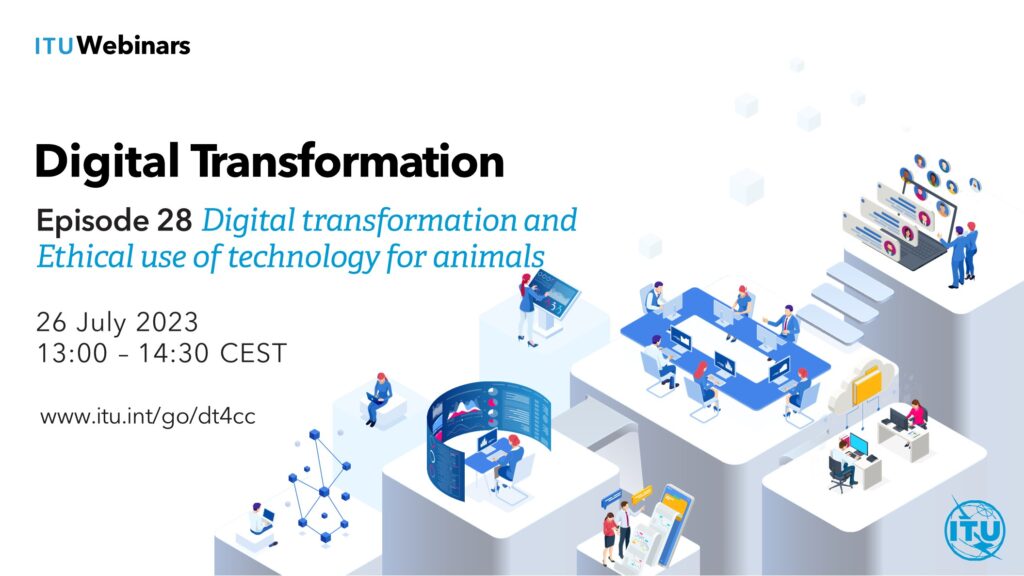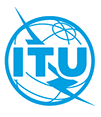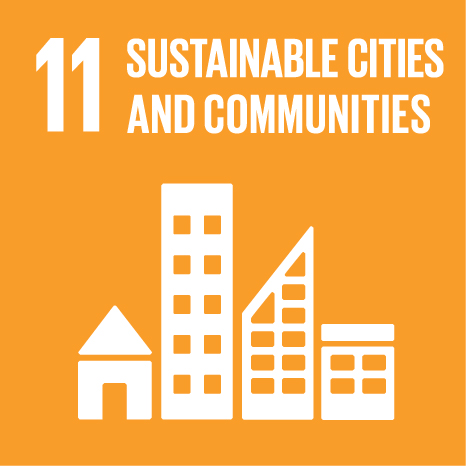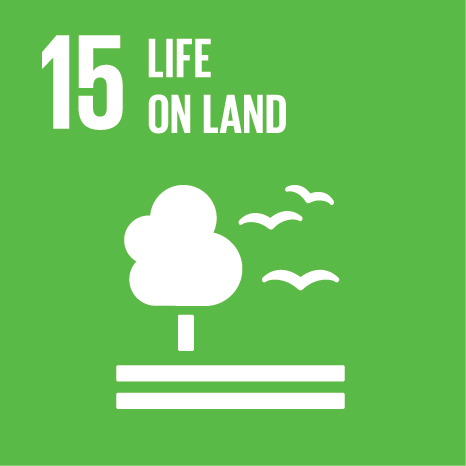Episode #28: Digital transformation and Ethical use of technology for animals

Description
The deployment of technologies across sectors is largely predicated on a human-centric approach to digital transformation. Most of the digital technologies adopted are focussed on improving quality of life of “inhabitants”. As we frequently use the term “inhabitants” in the context of smart cities, we must also dwell on who qualifies as an inhabitant. We share our urban ecosystem with several other domesticated species. To take it a step further, we share the Earth with other species too.
This brings-up an important question – how do our actions in the digital age impact non-human animals? How can we ensure the ethical use of emerging technologies such as AI, IoT, digital twin in agriculture and biodiversity conservation?
This webinar sought to answer some of these burning questions.
Target Audience
Participation is open to the ITU Member States, Sector Members, Associates, ITU Academia, and to any individual from a country that is a member of the ITU and who wishes to contribute to the work. This includes individuals who are also members of international, regional and national organizations. Participation to the webinar is free of charge.
Note: The views and opinions expressed by the presenters during this event are solely those of the individual speakers and do not necessarily represent, reflect, or constitute the official stance, policy, or position of the International Telecommunication Union (ITU) or its secretariat.
Organized by:

UN SDGs


ITU Strategic Goals

Related Information:
Digital Transformation Webinar Series
ITU-T Smart Sustainable Cities
ITU-T Study Group 20: IoT and smart cities and communities
Contact: Cristina Bueti
Programme
13:00 – 13:10
Welcome Remarks
- Seizo Onoe, Director, Telecommunication Standardization Bureau, ITU
- Balakrishna Pisupati, Head, Environmental Policy, UNEP Nairobi
13:10 – 13:30
Keynote Speech [Presentation]
- Peter Singer, Philosopher and Professor, University Center for Human Values, Princeton University
- Yip Fai, AI Ethics Researcher, Princeton University
Questions & Answers
13:30 – 14:25
Session 1: Coupling Animal Welfare and digital transformation
Moderator: Kartick Satyanarayan, Co-Founder and CEO of Wildlife SOS [Presentation]
- Victor Anton, Founder and CEO, Wildlife.ai [Presentation]
- David Dao, Co-Founder, GainForest [Presentation]
- Soenke Ziesche, Independent researcher [Presentation]
Questions & Answers
14:25 – 14:30
Concluding Remarks
- Bilel Jamoussi, Chief of Study Groups, TSB, ITU
